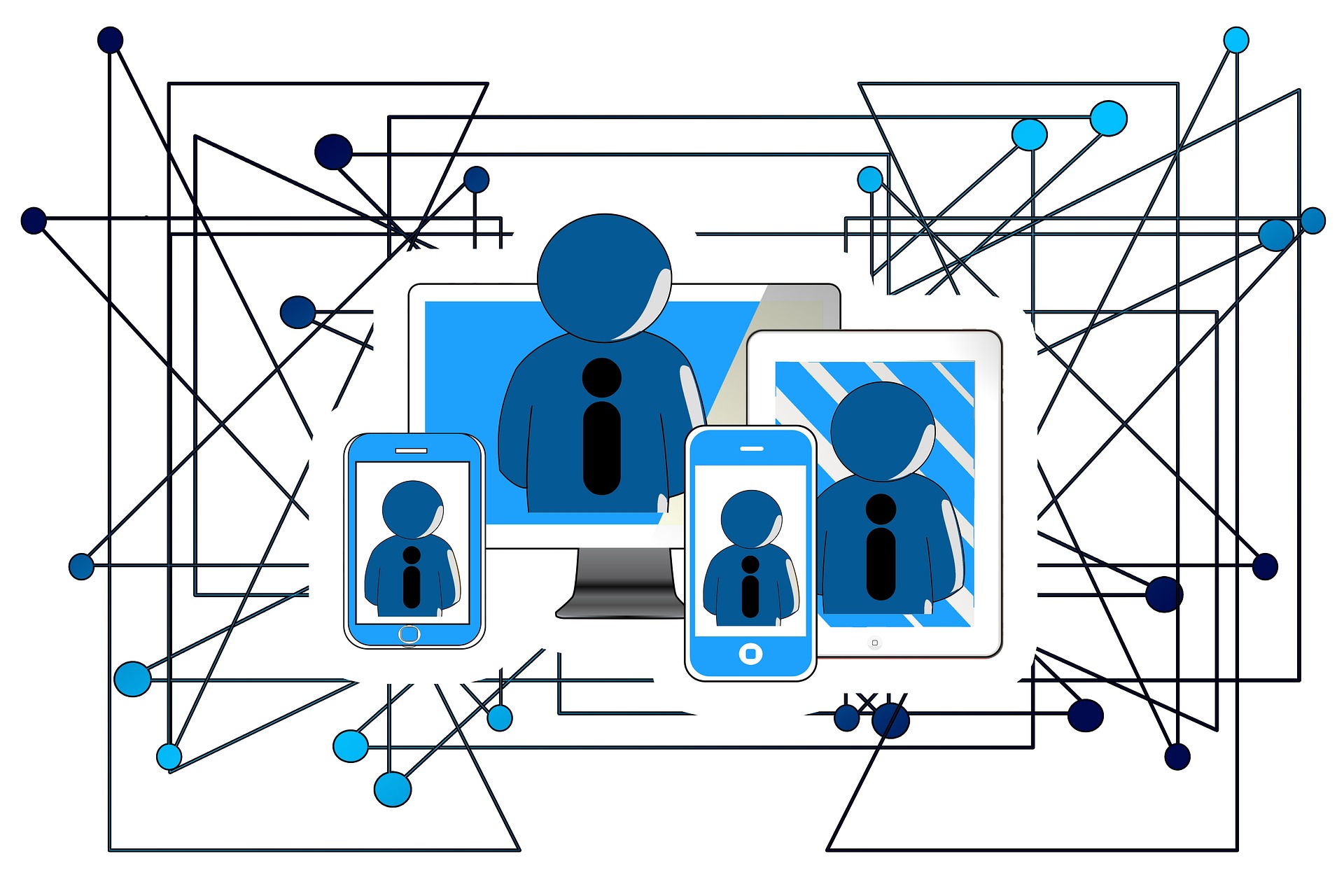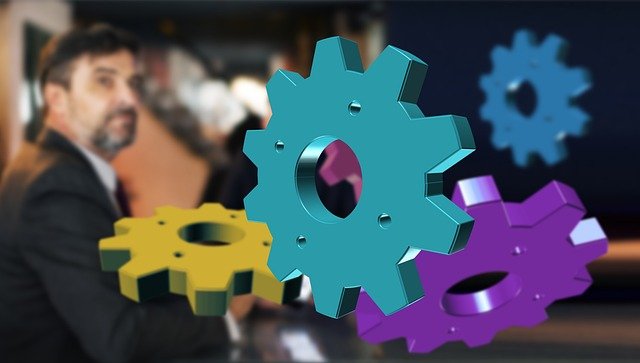Neotribalism: Reimagining Community in the Digital Age
The concept of community is undergoing a radical transformation. As digital platforms reshape our social landscape, a new form of tribalism is emerging, blending ancient human instincts with modern connectivity. This neotribalism is redefining how we form bonds, share values, and create collective identities in an increasingly fragmented world. Read below to explore this fascinating societal shift and its far-reaching implications.

The Roots of Neotribalism
Neotribalism finds its origins in the work of French sociologist Michel Maffesoli, who in the 1980s predicted a resurgence of tribal-like communities in postmodern society. Maffesoli argued that as traditional social structures weakened, people would seek new forms of emotional connection and shared identity. This theory has gained renewed relevance in the digital age, where online platforms enable the rapid formation of niche communities around shared interests, values, or experiences.
The concept draws on deep-seated human instincts for belonging and social bonding. Throughout human history, tribes have provided security, identity, and a sense of purpose. In our increasingly complex and individualistic society, neotribal communities offer a way to reclaim these fundamental social needs. They provide a sense of belonging in a world where traditional community ties have often been eroded by urbanization, globalization, and technological change.
Digital Platforms as Tribal Grounds
The internet and social media have become the new tribal grounds where neotribal communities form and flourish. These digital spaces allow like-minded individuals to connect across geographical boundaries, creating communities based on shared passions rather than physical proximity. From Reddit subforums to Facebook groups, these platforms facilitate the rapid exchange of ideas, the development of shared languages and customs, and the formation of collective identities.
Online communities can manifest around any conceivable interest or identity, from niche hobbies to political ideologies. What sets neotribal communities apart is the intensity of emotional investment and the sense of belonging they foster. Members often develop strong loyalty to their tribe, with the community becoming a significant part of their personal identity. This digital tribalism can lead to both positive outcomes, such as support networks for marginalized groups, and negative consequences, like echo chambers that reinforce extreme viewpoints.
The Blurring of Online and Offline Worlds
While neotribal communities often form online, their influence extends far beyond the digital realm. Many of these groups organize real-world meetups, conferences, or events, bridging the gap between virtual and physical interactions. This blending of online and offline experiences creates a unique dynamic where digital connections are reinforced by face-to-face encounters, strengthening the bonds within the community.
The COVID-19 pandemic has accelerated this trend, with many people turning to online communities for social connection during periods of physical isolation. As restrictions ease, there’s a growing appetite for transforming these digital connections into real-world relationships. This phenomenon is reshaping how we think about community, challenging the traditional dichotomy between online and offline social interactions.
Identity Formation in Neotribal Contexts
Neotribalism is having a profound impact on how individuals construct and express their identities. In contrast to traditional social structures where identity was largely inherited or imposed, neotribal communities offer individuals the freedom to choose and curate their affiliations. This process of selective belonging allows people to explore different aspects of their personality and find communities that resonate with their values and interests.
However, this freedom of choice also brings challenges. The multiplicity of available communities can lead to a fragmented sense of self, with individuals juggling different identities across various tribal affiliations. This complexity raises questions about authenticity, loyalty, and the nature of personal identity in an age of fluid social boundaries.
Societal Implications of Neotribalism
The rise of neotribalism has far-reaching implications for society at large. On one hand, these communities can foster diversity, creativity, and social support. They provide spaces for marginalized voices to be heard and for niche interests to flourish. Neotribal communities have been instrumental in driving social movements, from environmental activism to LGBTQ+ rights, by providing platforms for organizing and amplifying collective voices.
On the other hand, the tribalistic nature of these communities can contribute to social polarization. As people increasingly associate with like-minded individuals, there’s a risk of creating echo chambers that reinforce existing beliefs and limit exposure to diverse perspectives. This tribalism can extend to political and ideological realms, potentially exacerbating societal divisions and making consensus-building more challenging.
The Future of Community in a Neotribal World
As we look to the future, neotribalism is likely to continue shaping how we understand and experience community. Emerging technologies like virtual and augmented reality promise to create even more immersive and interactive tribal spaces, further blurring the lines between digital and physical realms. The challenge for society will be to harness the positive aspects of neotribalism - its capacity for fostering belonging, creativity, and collective action - while mitigating its potential for division and insularity.
Ultimately, neotribalism represents a fundamental reimagining of community in the digital age. It offers new possibilities for connection and identity formation, but also raises important questions about the nature of social bonds and the future of collective life. As we navigate this evolving landscape, understanding and engaging with neotribal dynamics will be crucial for anyone seeking to comprehend the complexities of modern society.






